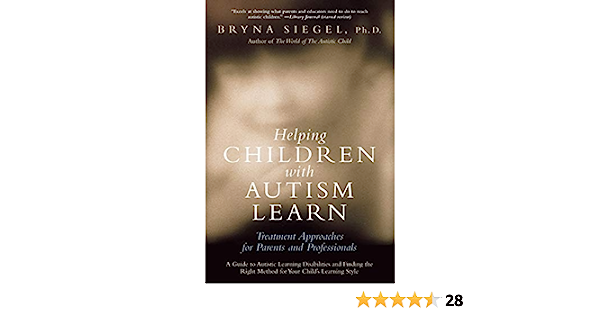Discover the joy and fulfillment in embracing the unique journey of parenting a child with autism. In this enlightening article, we’ll provide you with valuable insights and practical tips on how to support, nurture, and adapt to your child’s individual needs, all while celebrating their extraordinary abilities. Join us as we delve into the world of autism, debunk common misconceptions, and empower parents to create an enriching and inclusive environment for their children. Get ready to unlock your child’s full potential and experience the beauty of parenthood in a whole new light.
Navigating the Initial Diagnosis: Understanding Autism and its Early Signs

Navigating the initial diagnosis of autism can feel overwhelming for parents, but understanding autism and its early signs is crucial for embracing this journey. Autism spectrum disorder (ASD) is characterized by challenges related to communication, social interactions, and repetitive behaviors. Early signs may include delayed speech, lack of eye contact, and difficulty connecting with others. By educating yourself about the symptoms and milestones of ASD, you can better advocate for your child’s needs and create a supportive environment for their growth. Remember, early intervention is key to helping your child reach their full potential, so don’t hesitate to seek professional guidance if you suspect your child displays signs of autism.
Building a Strong Support System: The Importance of Family and Professional Guidance

In the challenging yet rewarding journey of parenting a child with autism, building a robust support system is crucial. A strong network of family, friends, and professionals provides invaluable guidance and resources to help navigate the complexities of raising an autistic child. By fostering open communication, proactively seeking advice, and engaging with therapists, educators, and support groups, parents can enhance their understanding, expand their skillset, and foster a nurturing environment for their child’s growth. Prioritizing self-care and embracing empathy within the support network ensures a well-rounded approach to tackling the unique challenges of parenting a child with autism.
Fostering Communication and Social Skills: Strategies for Enhancing Your Child’s Development

In the journey of parenting a child with autism, fostering communication and social skills plays a critical role in enhancing your child’s overall development. By implementing strategies such as the use of visual aids, social stories, and role-playing activities, you can effectively support your child’s ability to understand and navigate social situations. Encourage your child’s participation in group activities and provide them with regular opportunities to interact with peers, both with and without autism, to boost their social confidence. Remember, building strong communication and social skills is an ongoing process, and your consistent efforts will help your child thrive in various aspects of their life.
Creating a Structured Environment: Tips for Managing Daily Routines and Challenges

Creating a structured environment is essential for managing daily routines and challenges when parenting a child with autism. By establishing a consistent schedule, providing visual aids, and organizing their surroundings, you’ll create a sense of predictability and stability for your child. This will help them navigate their day-to-day life, reduce their anxiety, and promote their overall well-being. Keep in mind that flexibility is key, as routines may need to be adjusted over time. By nurturing a structured environment, you’ll support your child’s development and foster their independence, ultimately embracing the journey of parenting a child with autism.
Celebrating Milestones and Embracing Individuality: Recognizing Your Child’s Unique Gifts and Strengths

Embrace the journey of parenting a child with autism by celebrating milestones and appreciating their individuality. Recognize your child’s unique gifts and strengths, as these are the qualities that make them special. When acknowledging their achievements, focus on their personal growth and development, rather than comparing them to others. This approach not only boosts their self-esteem but also fosters a positive environment for them to thrive in. By encouraging your child’s individuality, you’re creating opportunities for them to explore their passions and excel in their own way. By doing so, you’ll be supporting their journey towards reaching their full potential, while also nurturing a strong, loving bond between you both.




